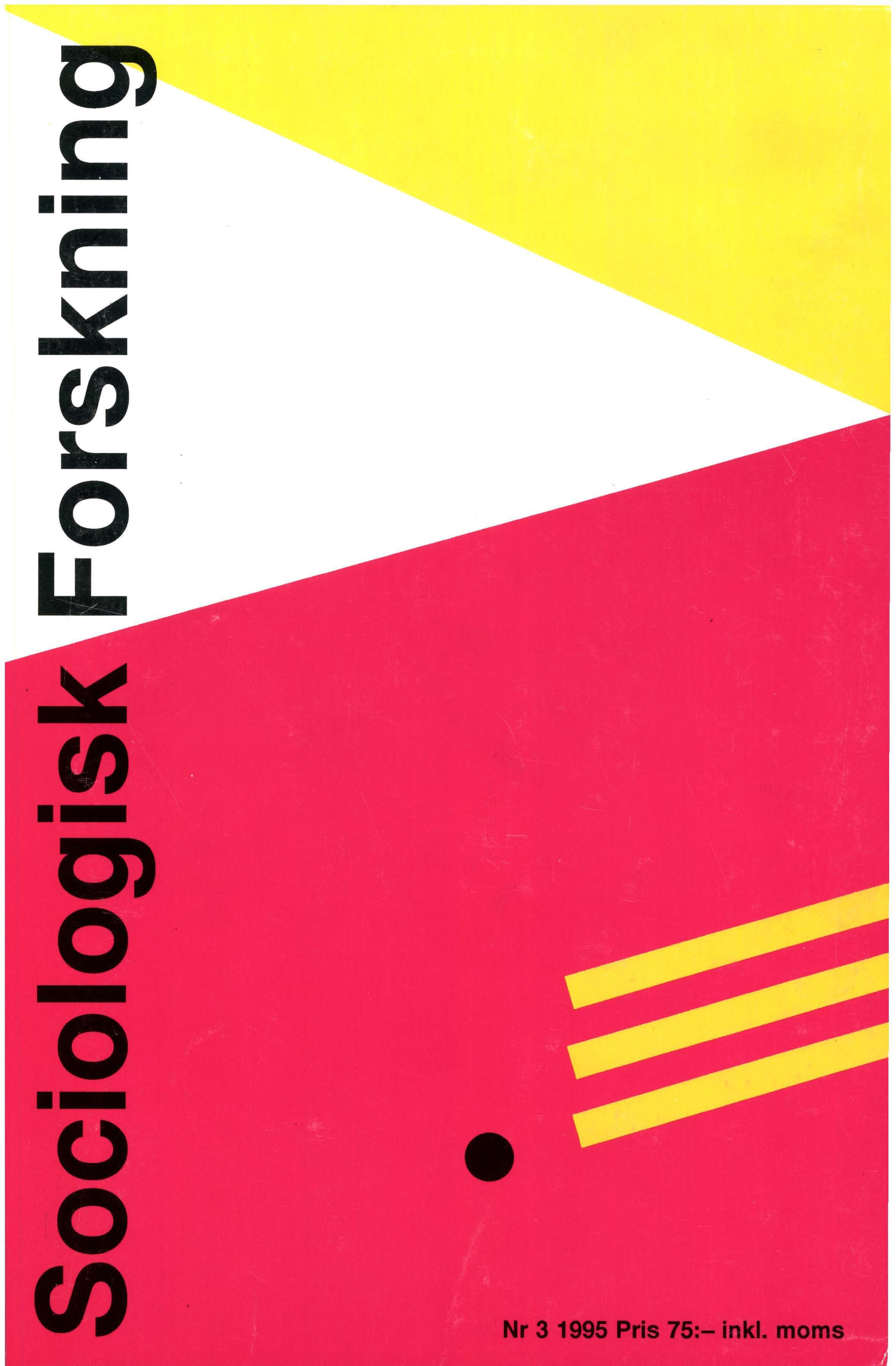Valfrihet och konkurrens som medel att förbättra den offentliga sektom
DOI:
https://doi.org/10.37062/sf.32.18593Abstract
Competition and freedom of choice - a conceptual clarification and critique
This article begins with an illustration of the rhetorical use of the concept of competition in the ongoing restructuring of the Swedish welfare state. It is shown that competition has two differing connotations: From the perspective of an ordinary citizen, the concept makes sense as a contest between two (or several) competing actors in which ”the best may win”. This everyday life interpretation functions as a legitimising force for market-oriented reforms by nurturing expectations that the customer/client may reap benefits from competition. Conceptualising competitive acts as instances of para-action (in contrast to social inter-action) highlights some important features of competition: Para-action concerning positional goods (Hirsch) has a tendency to run out of control. No one benefits, but at the same time the para-action continues to feed itself. This action-oriented interpretation of competition serves as a source of legitimation, only as long as the concept remains analytically vague and the possible social consequences of competitive acts are mystified. A fundamentally different meaning of the concept originates from neo-classic economics, where perfect competition is inherent to a stable state of the economic system. In mainstream analysis this means that no competitive acts are necessary or possible. This restricts the practical relevance of economic analysis, which is underscored by the fact that when it comes to the effects of real or imperfect competition economics is imprecise. Hirschman’s critique of the hope for a taut economy - envisioned by mainstream economics as a competitive market system with no organisational slacks - is also discussed. In conclusion there is little clear-cut scientific support for the implementation of competition into the institutional structures of the welfare state.
Downloads
Publicerad
Referera så här
Nummer
Sektion
Licens
Allt material i Sociologisk Forskning publiceras med omedelbar öppen tillgång (open access), under Creative Commons-licensen CC BY-NC-ND 4.0.
Allt innehåll i tidskriften är fritt tillgängligt utan kostnad och får för icke-kommersiella syften fritt läsas, laddas ned, kopieras, delas, skrivas ut och länkas. Innehållet får dock inte ändras. När innehållet används måste författare och källa anges. Upphovsrätten till innehållet tillhör respektive författare. Inga publiceringsavgifter tas ut.





